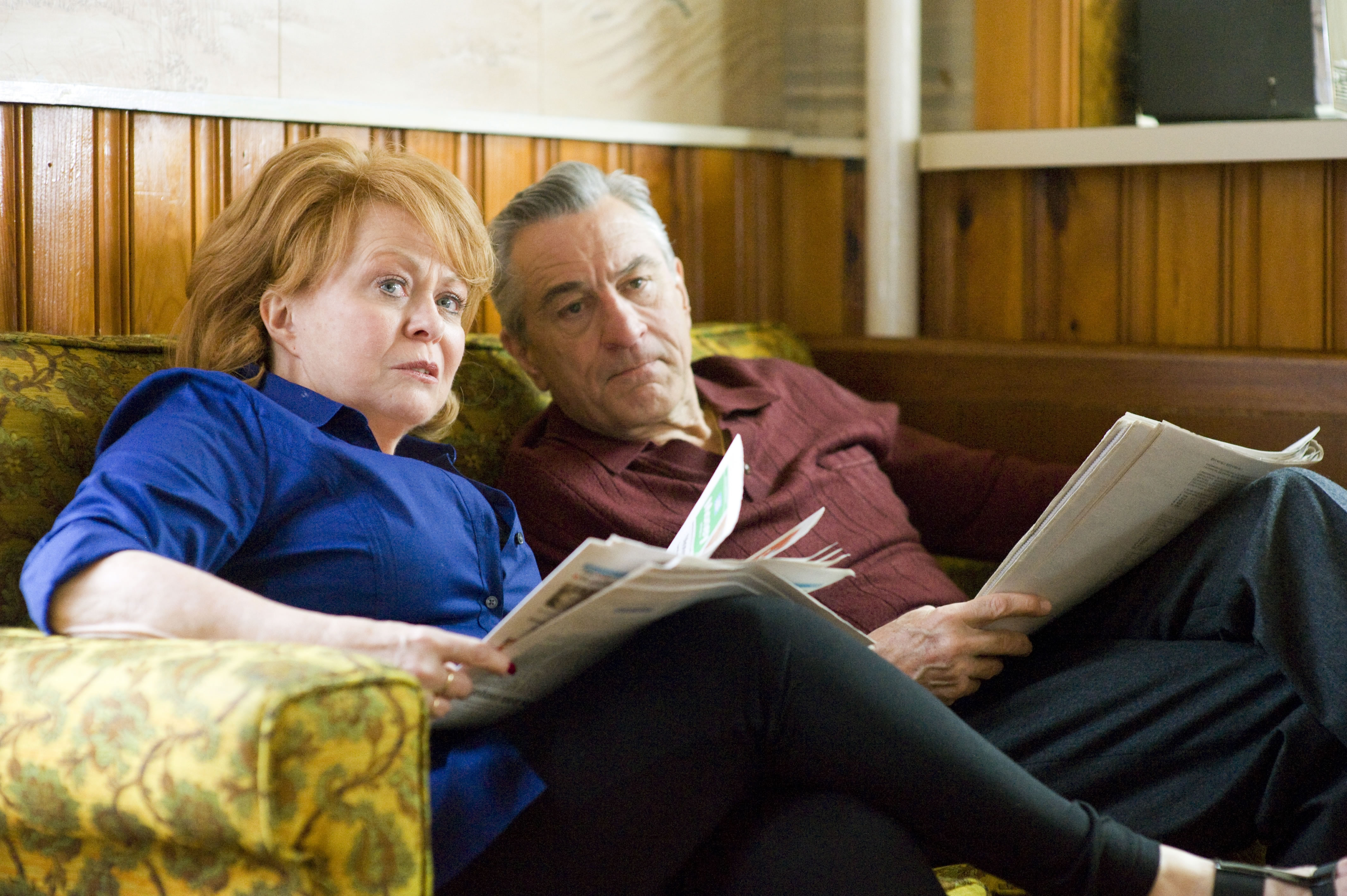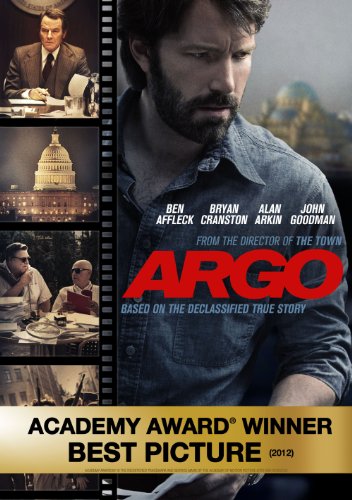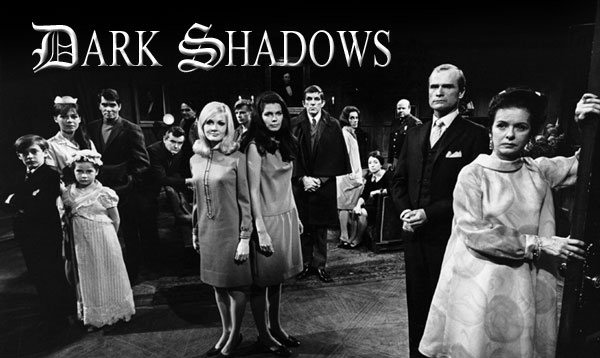*Not an Oscar film
Director: Ramaa Mosley
Writer: Tim Macy
Starring: Juno Temple, Michael Angarano, Alexis Biedel
Whats your favourite cup of tea? a refreshing Earl Grey? detoxing Green tea? fresh and fruity cranberry and sanguinello orange? or maybe a classic cup of tetly tea? With so many options the possibility of a good cuppa is granteed, at least 99% of the time. To keep you all up to date on the world of tea, here is my review on a new flavour that has been released in 2013- Money. It’s not everyones ‘cup of tea’ (wink) but those who have tried it lap it up in large quantities. Warning: after drinking large quantities of aforementioned its classically sweet taste can turn sour. Or at least that's whats happens in one of the most random films I seemed to have watched lately.
The plot: a recently married couple are having money troubles. The wife, Alice, struggles to find a job whereas husband, John, gets fired at the start of the story. One fine day, driving along a road, the couple are in a car crash. Whilst John is talking to the police about the incident, Alice spots an antique shop across the road and sees a lady carrying a teapot inside. Alice feels drawn in, obviously by some intense craving for tea, and tells John she is going into the shop ‘to see if there is anything worth buying that will get them on tv, on a show like ‘Antiques Roadshow’ where they can get money for an item. She finds the brass teapot in a random room and steals it, running back to the car and telling John to drive off as fast as he can. The next day, Alice accidentally hurts herself and notices that the teapot rattles. Lifting the lid she finds some money inside. She soon realises that every time she inflicts pain on herself the teapot gives her money- that's right folks, that's how ‘money tea’ is generally brewed. Soon the couple are ignoring all the usual advice on ‘treating your body like a temple’ and trying to make as much money as possible, doing everything they can to reach their target of a million dollars. The worst the pain caused, the more money they make- its all relative, like the more water you boil, the more tea you can make. The big question in the film is: how far will they go/ how much tea can they handle?
In actuality the biggest question should be: why a teapot? Out of all the objects in the world- why a teapot? I suppose it gives the film an alternative, sort of bohemian feel (especially as it was made of brass with some pretty engravings) and maybe, by closely relating the teapot to genie lamps, the prop is trying to attach certain myths to the tale. The opening credits of the film show old tapestries and portraits of kings/queens/ various other important figures holding ‘the’ teapot, hinting that this money brewing kettle has got around and has played a dominant yet subtle part in history. All fairy tales have a dark side, most of them never have a happy ending, and this new tale is no different. Naturally, the film progresses to show the evil side of human nature emerging as the more money they brew, the greedier they get; it changes their physical appearance, affects their social life, and alters their relationships with family and friends. Eventually they realise the teapot is becoming more demanding in what it classifies as ‘pain.’ Thus bringing us back to the original big question: How far will the characters go?
Well, with boring (sorry) character names such as ‘Alice’ and ‘John’ they are not exactly going to be the most adventurous of people. This is also emphasised in the way they spend their money: they buy a nice house and eat at fancy restaurants with drab, stuck up rich people (oooo crazay!). So really, the audience already knows their limits and what the outcome is going to be, thus bursting the bubble of suspense I assume the film was trying to create. The best part of this film is the beginning, as although the plot seems a bit ‘out there,’ it makes for easy viewing. The worst part of this film is the end; in fact, by the time you get half way through, the story feels so drawn out and stretched it loses its original flavour- you can just about watch until the credits, but you’ll completely mentally shut down before they roll.
Verdict: Indifferent. Watch if you have absolutely nothing else to do.














